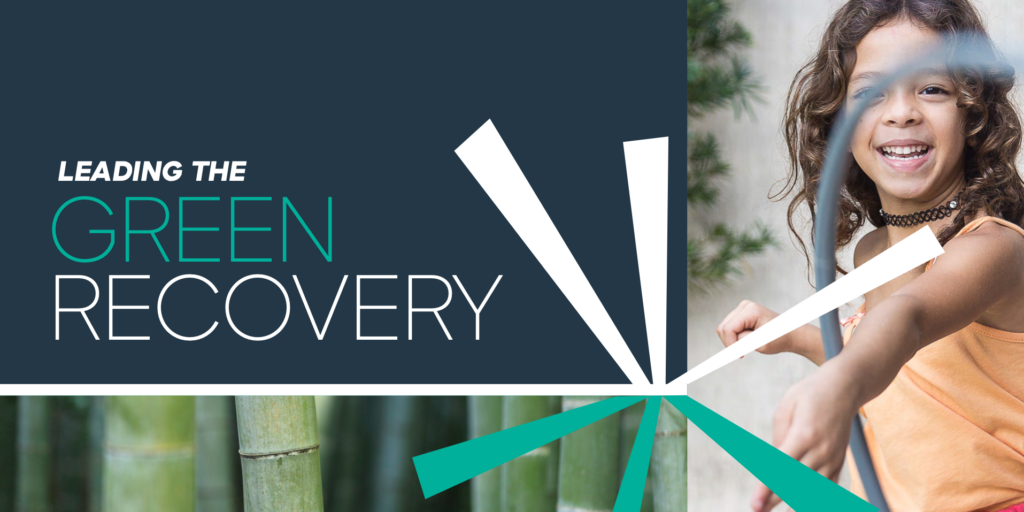At the GBCSA’s recent annual general meeting on 22 July, CEO Lisa Reynolds outlined the organisations strategy and how it aims to become more agile and responsive to the needs of members, while playing a leading role in broader sustainability discussions and projects.
As the world sets its sights on the much-needed comeback after Covid-19, there is a risk that sustainability goals are neglected. We must ensure this doesn’t happen. The risks of climate change are still as urgent as they have ever been – exacerbating economic volatility and business risks resulting from Covid-19.
South Africans will need to work incredibly hard to recover from the effects of the global pandemic. We have an unprecedented opportunity to drive a green recovery led by sustainability and green solutions. To prioritise the health of our people and planet.
The solution is to rebuild the economy in a way that mitigates climate change risks. A strategy of simultaneous solutions – a green recovery strategy.
Better buildings are a key part of this strategy.
The current crisis has done for air quality what load-shedding did for energy efficiency and droughts have done for water efficiency. Indoor air quality and health of people in buildings are firmly in the spotlight. The GBCSA’s rating tools have always had a focus on this and our members are well-placed to support this shift to healthier buildings.
There is huge job creation potential in the refurbishment of buildings to improve energy and water efficiency for operational cost savings and to improve indoor air quality for health benefits.
Building upgrades also reduce resource security risks. For example, projects where rainwater and/or greywater harvesting storage systems share water between buildings, precincts or neighbourhoods, can assist water-poor areas to alleviate future water shortage risks. This plays a role in minimising the health risk for communities where there is no easy access to clean, running water.
The green recovery goes beyond buildings and into green precincts and green communities. These must be supported by low carbon transport, e-mobility and sustainable infrastructure, which is reinforced through energy efficient manufacturing of more sustainable products and materials.
The GBCSA and its members already operate in this space and we must take advantage of the opportunities presented amid the crisis.
The GBCSA aims to be a green leader in policy and regulation discussions; to provide training and information hubs for both aspiring and existing green leaders; and networking opportunities to ensure the green agenda is promoted.
“As we emerge from lockdown, we are in for a tough time for a while, but it is an ideal time to think innovatively and drive a green recovery dealing with the persistent threat of climate change. Embrace a green recovery and help us create healthier, resource-efficient and meaningful spaces in the built environment that respond to climate-related challenges,” concluded Reynolds.



